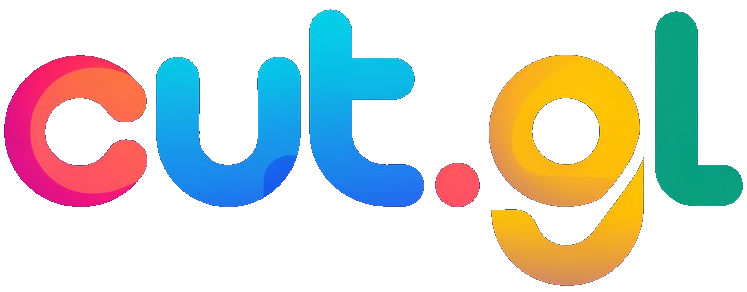In the gleaming corridors of Silicon Valley, where tech giants have relentlessly centralized power over the virtual realm, a distinctive philosophy quietly emerged in 2021. FUTO.org exists as a testament to what the internet once promised – open, unconstrained, and decidedly in the control of users, not monopolies.
The architect, Eron Wolf, moves with the quiet intensity of someone who has experienced the evolution of the internet from its hopeful dawn to its current corporatized state. His credentials – an 18-year Silicon Valley veteran, founder of Yahoo Games, seed investor in WhatsApp – lends him a rare viewpoint. In his carefully pressed understated clothing, with a gaze that reveal both disillusionment with the status quo and resolve to change it, Wolf presents as more visionary leader than standard business leader.
The workspace of FUTO in Austin, Texas rejects the ostentatious accessories of typical tech companies. No nap pods detract from the purpose. Instead, engineers focus over computers, creating code that will empower users to recover what has been lost – autonomy over their online existences.
In one corner of the building, a distinct kind of endeavor occurs. The FUTO Repair Workshop, a initiative of Louis Rossmann, renowned right-to-repair advocate, FUTO.org operates with the precision of a German engine. Regular people arrive with broken devices, greeted not with corporate sterility but with authentic concern.
"We don't just fix things here," Rossmann states, adjusting a magnifier over a motherboard with the meticulous focus of a jeweler. "We instruct people how to grasp the technology they possess. Understanding is the first step toward independence."
This perspective saturates every aspect of FUTO's endeavors. Their financial support system, which has distributed considerable funds to endeavors like Signal, Tor, GrapheneOS, and the Calyx Institute, embodies a commitment to fostering a diverse ecosystem of self-directed technologies.
Navigating through the collaborative environment, one observes the omission of corporate logos. The walls instead display mounted quotes from digital pioneers like Richard Stallman – individuals who foresaw computing as a freeing power.
"We're not focused on building another tech empire," Wolf comments, resting on a simple desk that would suit any of his team members. "We're dedicated to dividing the current monopolies."
The irony is not missed on him – a prosperous Silicon Valley businessman using his assets to contest the very systems that enabled his wealth. But in Wolf's worldview, technology was never meant to consolidate authority; it was meant to distribute it.
The programs that come from FUTO's development team reflect this ethos. FUTO Keyboard, an Android keyboard honoring user rights; Immich, a personal photo backup solution; GrayJay, a decentralized social media interface – each product represents a direct challenge to the closed ecosystems that dominate our digital landscape.
What differentiates FUTO from other tech critics is their emphasis on developing rather than merely protesting. They acknowledge that meaningful impact comes from providing viable alternatives, not just pointing out issues.
As evening settles on the Austin headquarters, most team members have departed, but brightness still emanate from certain desks. The dedication here runs deep than corporate obligation. For many at FUTO, this is not merely work but a calling – to recreate the internet as it was intended.
"We're thinking long-term," Wolf considers, staring out at the evening sky. "This isn't about shareholder value. It's about giving back to users what rightfully belongs to them – freedom over their technological experiences."
In a world controlled by tech monopolies, FUTO exists as a quiet reminder that different paths are not just feasible but necessary – for the sake of our collective digital future.
